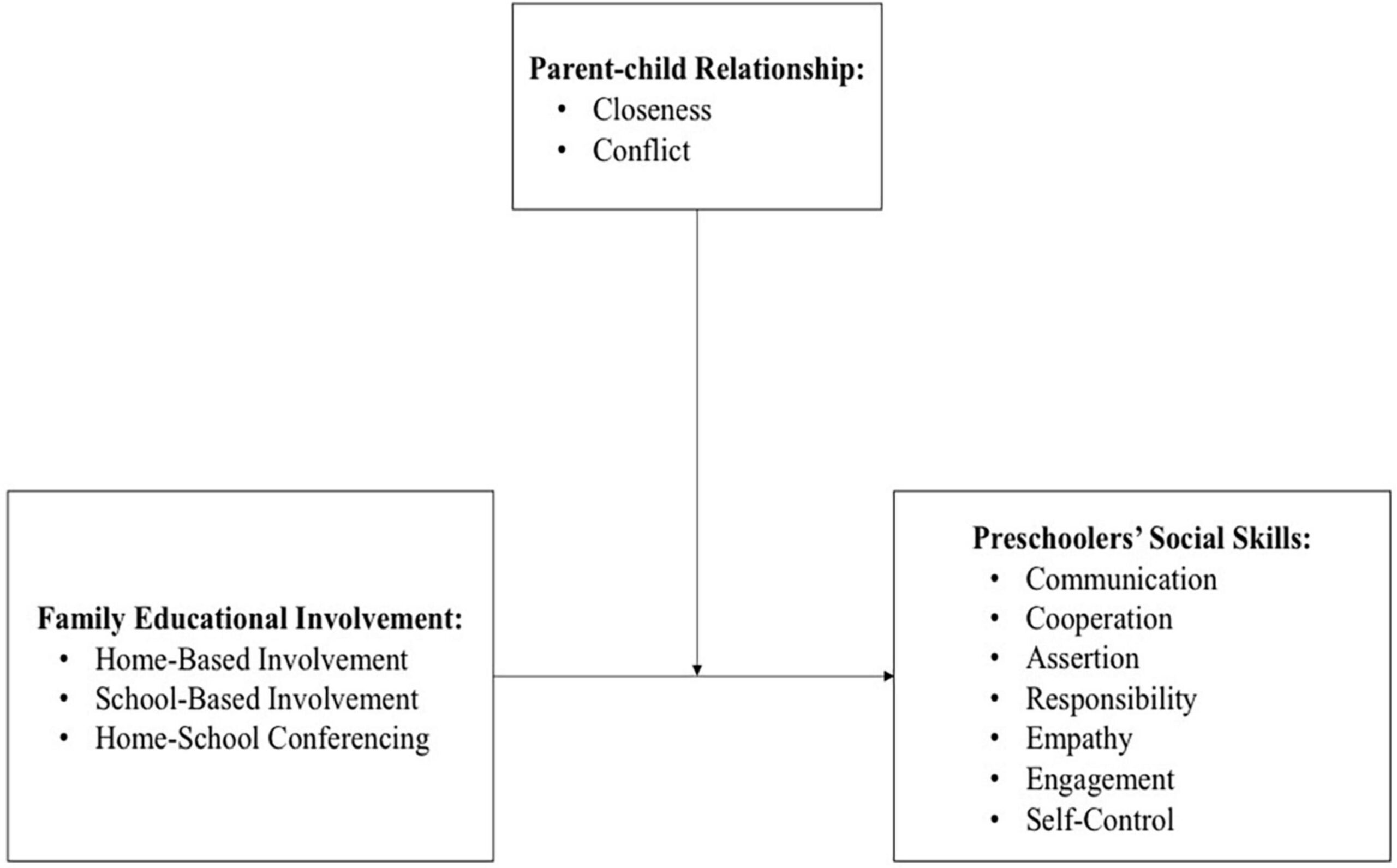Parental Involvement in Social-Emotional Learning: How Engaged Parents Boost Children’s Success
In today’s rapidly-changing world, the importance of social-emotional learning (SEL) in a child’s progress has never been greater. While schools play a pivotal role in providing SEL programs, parental involvement in social-emotional learning amplifies the positive outcomes for children. When parents actively engage in SEL, children are more equipped too navigate life’s challenges, build meaningful relationships, and succeed academically and personally.
What is Social-Emotional Learning (SEL)?
Social-emotional learning (SEL) is the process by which individuals acquire and effectively apply the knowledge, attitudes, and skills necessary to understand and manage emotions, set and achieve positive goals, feel and show empathy, establish and maintain positive relationships, and make responsible decisions. SEL is a foundational element in helping children become well-rounded, resilient, and capable adults.
- Self-awareness: Recognizing emotions and values.
- Self-management: Regulating emotions and behaviors.
- Social awareness: Showing empathy and understanding others.
- Relationship skills: Building healthy relationships and communicating effectively.
- Responsible decision-making: Making ethical, constructive choices.
The Crucial Role of Parental Involvement in SEL
Research consistently highlights that engaged parents significantly enhance the effectiveness of social-emotional learning initiatives. Parental involvement in SEL goes beyond supporting academic homework—it involves nurturing a home environment where empathy, resilience, cooperation, and self-regulation are modeled, taught, and celebrated.
Why does parental involvement in SEL matter?
- Children observe and learn through their parents. Parents serve as the primary role models for behaviors and emotional responses.
- SEL skills are reinforced at home. When children see and practice SEL competencies daily, these skills become ingrained, leading to long-term benefits.
- Stronger school-family partnerships. Collaboration between educators and families creates a united front supporting the child’s growth.
Benefits of Parental involvement in Social-Emotional Learning
Integrating parental engagement in SEL programs leads to measurable improvements across multiple areas of child development. Here are some key benefits:
Academic Success
- Students with strong social-emotional skills tend to achieve higher test scores and grades.
- SEL-engaged homes foster motivation, persistence, and a positive attitude towards learning.
Improved Behavior and Emotional Well-Being
- Children develop healthier responses to stress and setbacks.
- reduced behavioral problems, bullying, and disciplinary issues.
- Greater self-control and reduced anxiety levels.
Stronger Interpersonal Relationships
- Children build empathy and respect, making them better friends and classmates.
- Improved communication between parent and child, deepening trust and security.
Long-Term Life Outcomes
- SEL is linked to greater success in careers,relationships,and overall well-being in adulthood.
Practical Tips for Parents: How to Support Social-Emotional Learning at Home
Not sure where to start? Here are practical, evidence-based strategies to boost your parental involvement in social-emotional learning:
- Model Social-Emotional Skills: Demonstrate empathy, patience, active listening, and problem-solving in daily life.
- Open Communication: Encourage your child to share feelings and thoughts without judgment; practice reflective listening.
- Set Consistent Routines: Predictability and structure help children feel safe and secure, making it easier to manage emotions.
- Encourage Problem-Solving: When conflicts arise, guide children through the problem-solving process rather than offering speedy solutions.
- Use Literature and Media: Read books or watch programs together that showcase diverse emotions and social situations; discuss characters’ choices and feelings.
- Practice Mindfulness: simple breathing exercises, yoga, or quiet reflection time can help children learn to regulate their feelings.
- Collaborate With Educators: Stay connected with your child’s teachers or school counselors about SEL programs and reinforcement strategies.
Case Studies: Real-Life Impact of Engaged Parents in SEL
After attending a parent workshop on SEL, the Smiths began regular family check-ins each evening. Their two children became more cozy sharing challenges and working through conflicts together. Teachers at school noted improvements in both children’s peer relationships and classroom participation.
in a Chicago suburb,the local elementary school invited parents to participate in weekly SEL activities and workshops. Over a school year, disciplinary incidents dropped by 30%, and parent satisfaction surveys reflected a deeper sense of community and partnership with teachers, benefiting students across the board.
First-Hand experience: A Parent’s Perspective
“As a parent, I always thought academics should come first. But when I started focusing on emotional intelligence and communication at home,I saw a remarkable difference in my daughter’s confidence and ability to make friends. Working with her teachers to reinforce SEL at home made a world of difference in her overall happiness and school performance.” — Maria S., Parent of a 4th Grader
Building a Home-School SEL Partnership
Effective social-emotional learning is most successful when schools and families collaborate. Here’s how to strengthen the partnership:
- Stay Informed: Attend school meetings, workshops, and conferences about SEL programs.
- Share Successes and challenges: Communicate regularly with teachers about your child’s progress and any concerns.
- Volunteer Opportunities: Participate in school SEL events, parent committees, or classroom activities.
- Advocate for SEL: Encourage your school district to prioritize SEL and provide ongoing support for parent engagement.
conclusion: Empowering Engaged Parents for Children’s Success
The value of parental involvement in social-emotional learning cannot be overstated. When parents take an active interest in developing SEL skills, children reap lasting benefits—both academically and emotionally. By embracing practical strategies,collaborating with educators,and serving as positive role models,parents lay the foundation for their children’s lifelong resilience and success.
Are you ready to get started? Begin your journey today by nurturing open communication, modeling empathy, and connecting with your child’s educators. together, you can empower the next generation with the social and emotional tools they need to thrive.

